It is a well-known fact that Singaporeans pay the most money for their cars. With Singapore's growing population, there is simply limited physical space. This bustling city cannot afford a massive traffic jam. Despite the excellent public transportation system, we also cannot ignore the convenience, luxury, and independence of having your own vehicle. However, owning your own vehicle will come at a price. As a result, you may reasonably need a car loan. Here are a few things to consider.

Greentellect Studio/shutterstock.com
Why are Cars So Expensive in Singapore?

DollarsandSense.sg claims that a S$17,000 Mitsubishi suddenly becomes S$104,000, after all the taxes and fees. The Open Market Value or OMW is the baseline price of the car, or S$17,000.
However, in Singapore, all vehicles are subject to the Additional Registration Fee or ARF, which is calculated based on the OMW. Afterward, the Excise Duty is added, which is 20% of the OMW. Following, the Goods and Services Tax or GST is a 7% tax on both the OMW and Excise Duty. Moreover, the Certificate of Entitlement or COE comes at a cost to allow a car to be driven on Singaporean roads for ten years.
Finally, you can now factor in any dealer's profit from wherever you get the car, which could be as much as 33%. No wonder the total cost of that Mitsubishi is now more than six times the original price of the car.
After you purchase the vehicle, don't forget the cost of petrol to use your car, the road tax, which is valid for ten years, auto insurance, and the overall cost of maintaining a vehicle.
What is a Car Loan?

Now that you know the actual cost of owning a car, do you have that massive amount of money lying around? Most future car owners will need to take out a car loan. This is a secured personal loan that allows the borrower to pay off the value of the vehicle in fixed monthly installments, with added interest. You can get an auto loan from a bank, a credit union, or the car dealership themselves.
What is the Process of Taking Out a Car Loan?
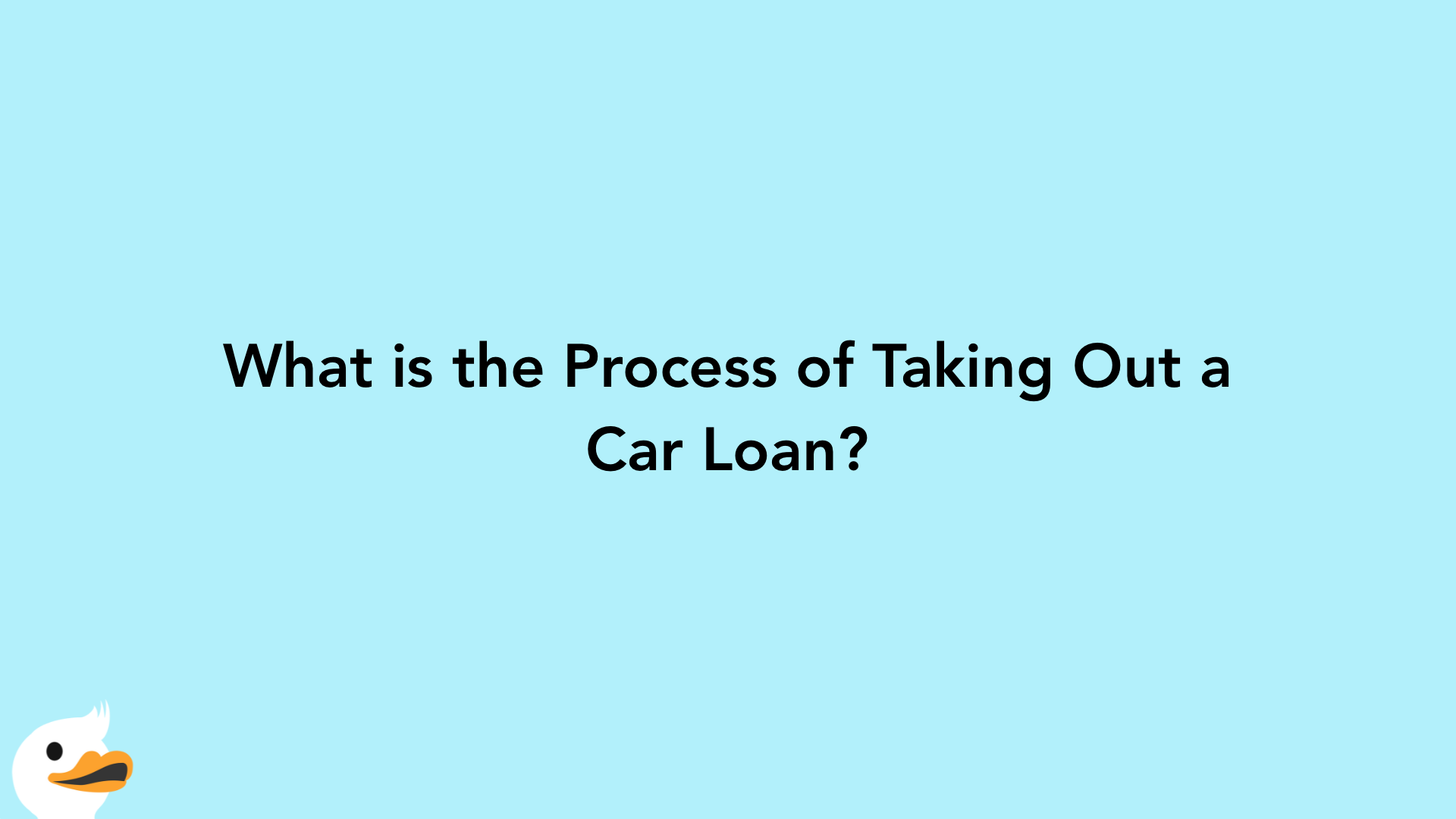
Step 1. You will need to agree on the vehicle price, or loan amount, as well as the loan tenure, or the length of time you will take to repay the loan with interest. Step 2. You will need to provide proper documentation along with your application. These documents may include your Singapore National Registration Identification Card or passport, your last two pay stubs, and a statement of employment. Additionally, the bank will do a credit check as well. Step 3. Wait for approval. Step 4. Confirm the interest rate and all terms and conditions. Step 5. Sign the loan agreement. Step 6. Purchase the vehicle and transfer ownership.
This process seems quite straightforward and reasonable. Unfortunately, there are a few restrictions.
What Restrictions Do Auto Loans Have?
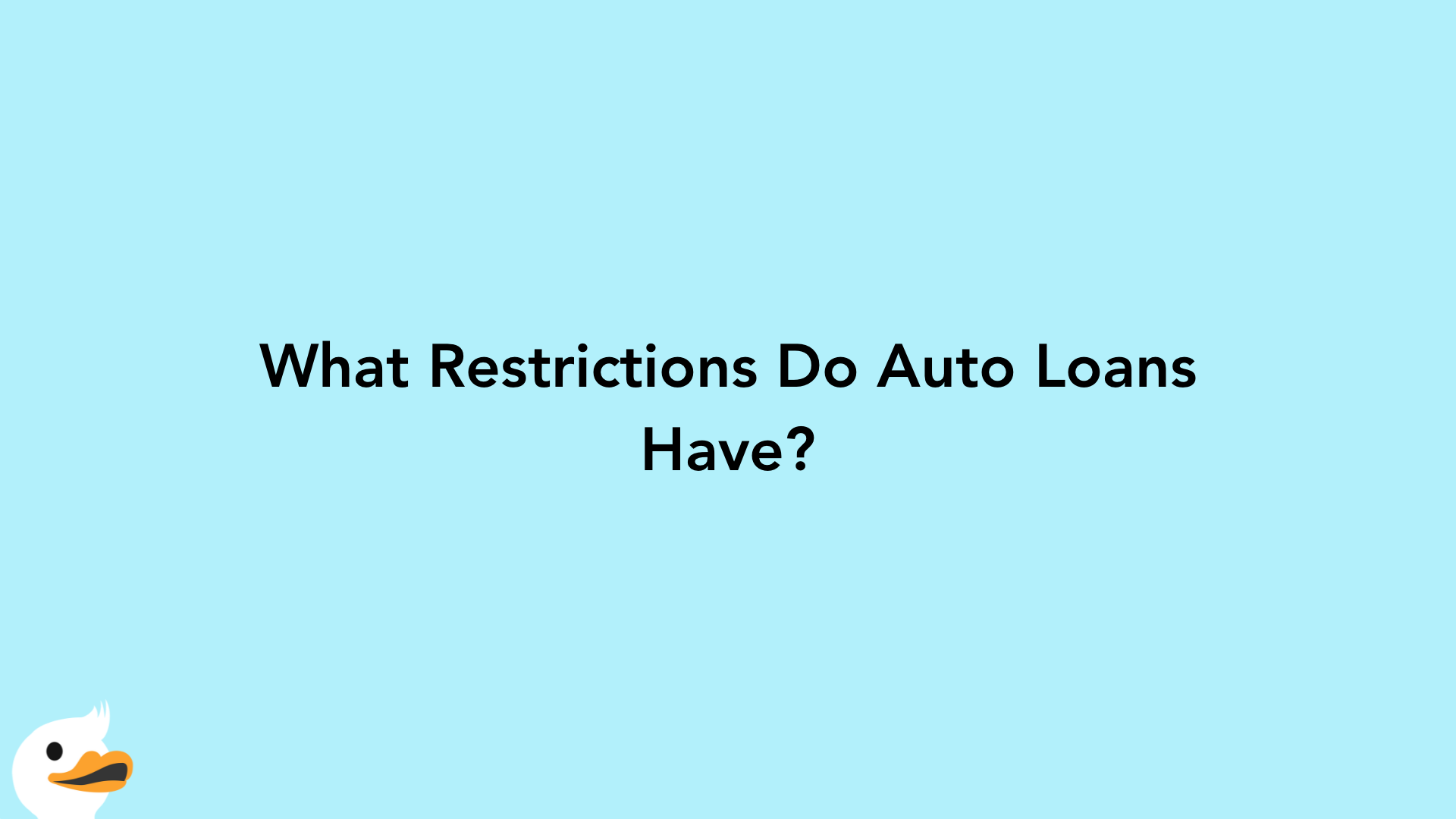
I do have some good news here. The Monetary Authority of Singapore (MAS) released new regulations in 2016. As a result, car loans became less restrictive and more affordable. The Straits Times claims, "Both new and used car dealers saw an increase of between 10 and 50 per cent in showroom traffic, though many remain cautious about its impact on sales." With the easing of loan restrictions, more people are now in the market for a new vehicle!
Under the new regulations, if the OMW of the car is worth S$20,000 or less, the maximum loan amount is up to 70% of the purchase price. If the OMW is over S$20,000, the maximum loan amount is up to 60% of the purchase price. Before 2016, the maximum loan amount was 60% and 50%, respective. Furthermore, the maximum loan tenure has been extended from a maximum of five years to seven years. You will not be able to stretch out the loan in hopes of a lower monthly payment, beyond seven years.
With the maximum loan amount restriction, the remaining percentage of the OMW is the cash downpayment required for the purchase of the vehicle. In other words, you will need to save for some time before you can purchase a car.
When to Avoid a Car Loan?

As with any loan, you need to make sure you can afford to pay the monthly installment as well as the other expenses, such as road tax, car insurance, parking fees, petrol, and others. A good rule of thumb is that your car expenses should not exceed 20% of your monthly income. If the total amount exceeds this number, you may be biting off more than you can chew at the moment. Be sure you can afford the regular monthly repayments because they come with harsh penalties if you miss them.
It is always advisable to have a financial safety net, such as a savings account, to ensure you can repay the loan if you encounter financial difficulties. Of course, we cannot predict losing our job, unexpected medical expenses, or suddenly receiving a pay cut. However, it is essential to have enough money saved to repay the loan for at least three months. This cushion will allow you some time to get back on your feet, without missing your monthly payment. In other words, if you don't have enough savings and you are living from paycheck to paycheck, you should reconsider purchasing a vehicle.
If you anticipate taking out a loan that is larger than a car loan, such as a house mortgage, you may consider skipping the car loan altogether. A car loan is regarded as "bad debt" because it is not an investment and will not increase your income in the future. Furthermore, a car loan increases your Total Debt Servicing Ratio or TDSR. This official regulation dictates that you cannot use more than 60% of your income to repay loans. As a result, if you are applying for a mortgage and 20% of your income is going to a car payment, your house payment can only be, at most, 40% of your income. This debt-to-income ratio will significantly hurt your chances of affording a home. Instead, since a car loan tenure maximum is only seven years, try saving for a few years to buy the car outright. With proper discipline, you will be able to save money in interest payments and make yourself more attractable for other more substantial loan opportunities.
Final Thoughts

Purchasing a new or used car can be an expensive endeavor. However, as a car owner myself, I absolutely love the independence and convenience it brings. Of course, we all must weigh the financial costs and extra responsibilities associated with owning a vehicle. Fortunately, with the new car loan regulations, a car is now seemingly more affordable. There are only a few situations, such as financial restrictions, where you may consider avoiding a car loan entirely. For everyone else, if you can afford it, I hope your car loan unleashes new driving and adventurous opportunities for you!













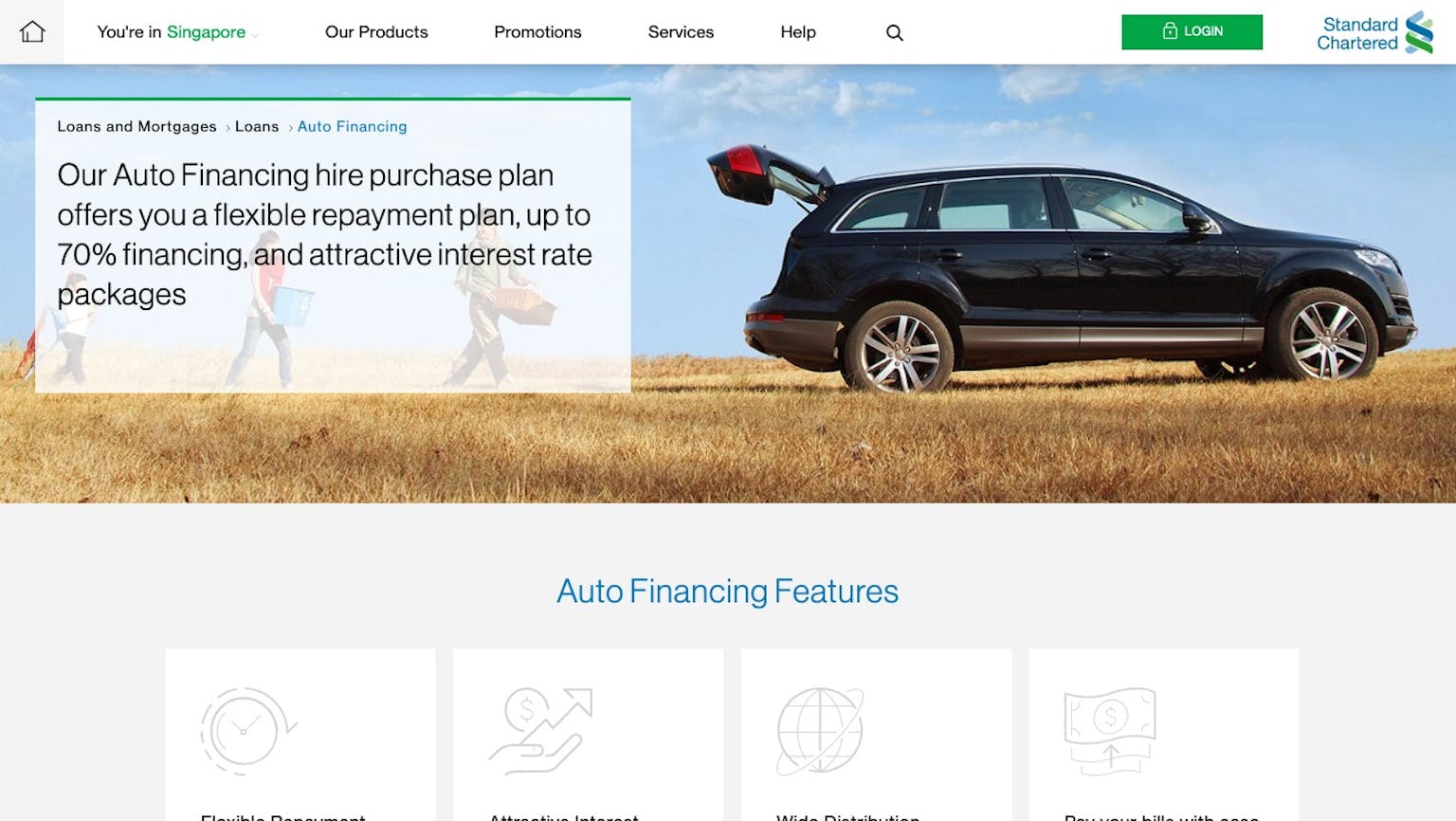

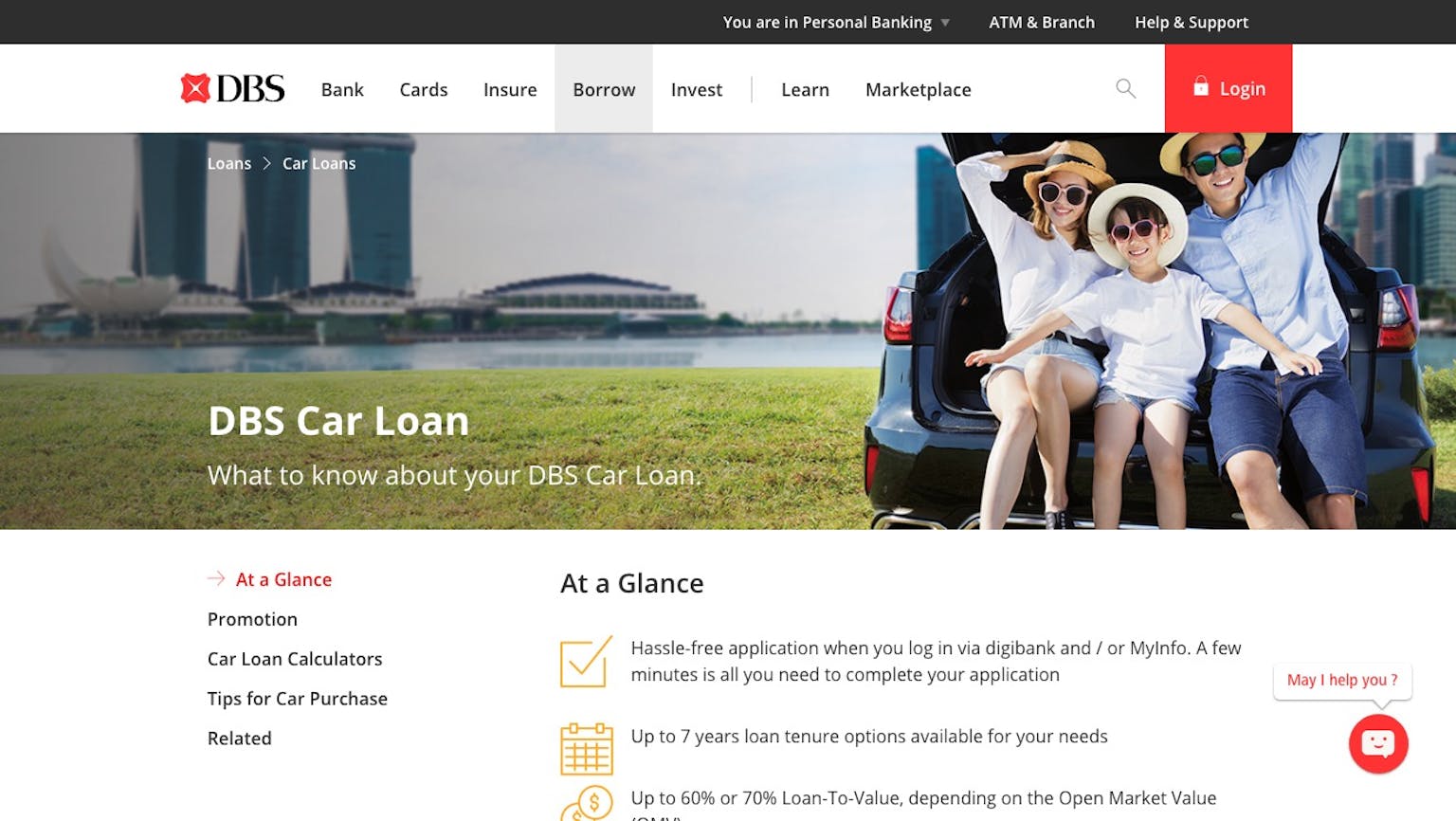

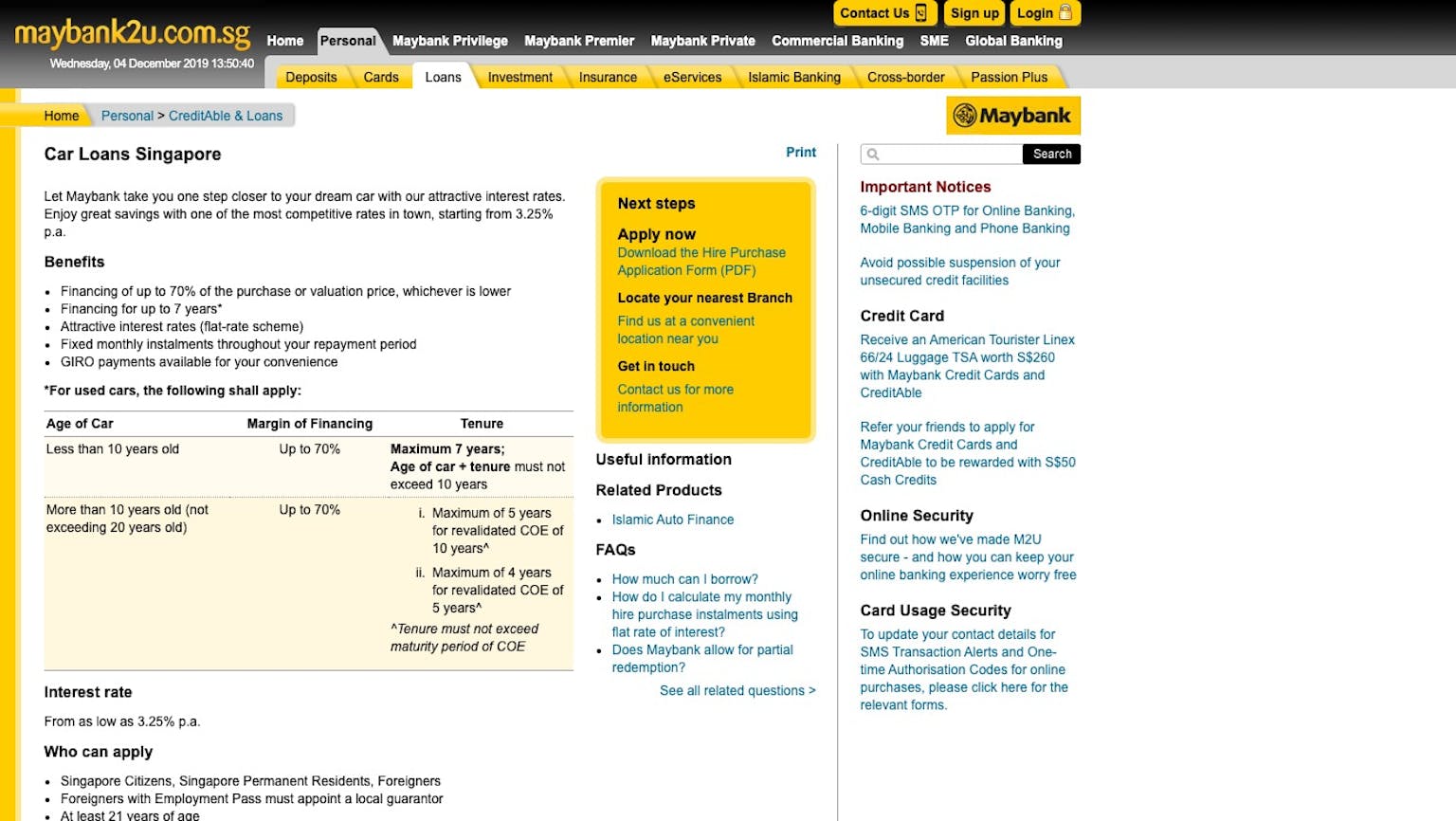





Please leave your knowledge and opinion!